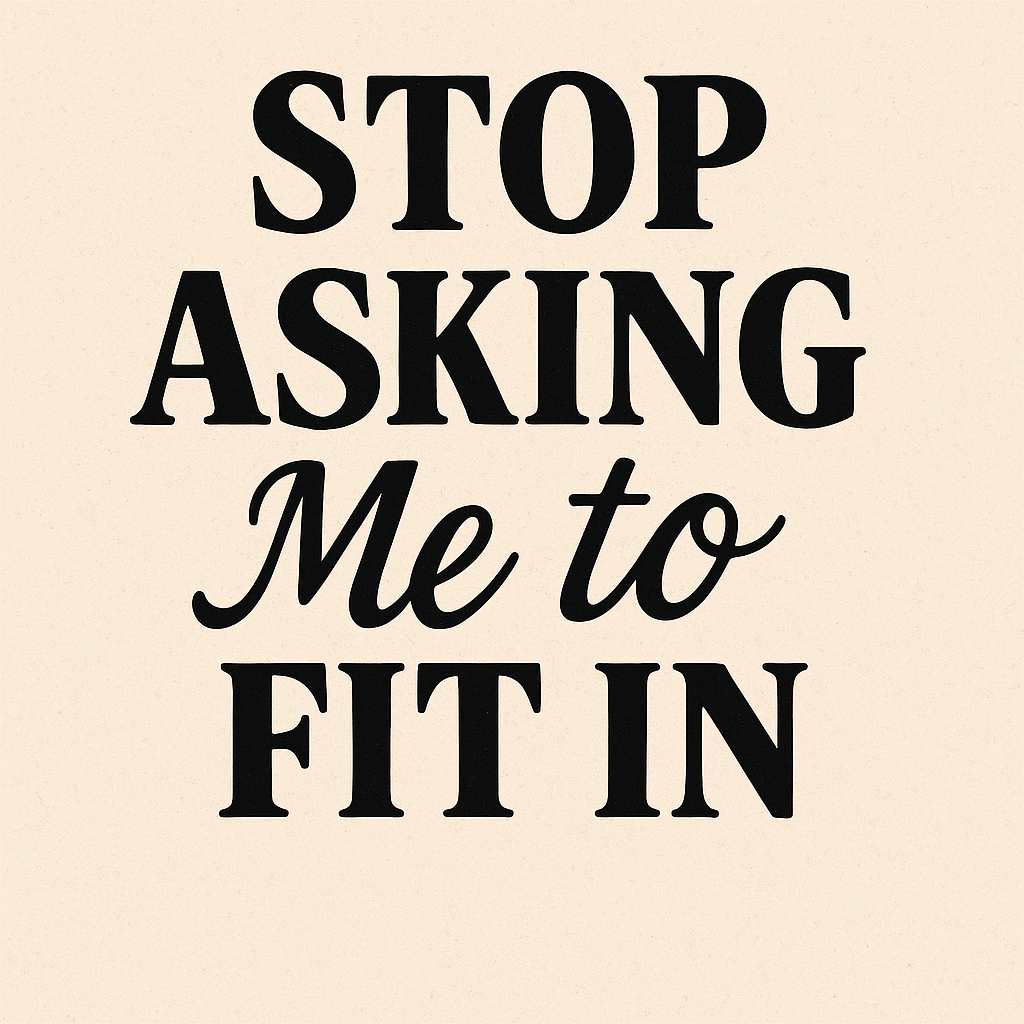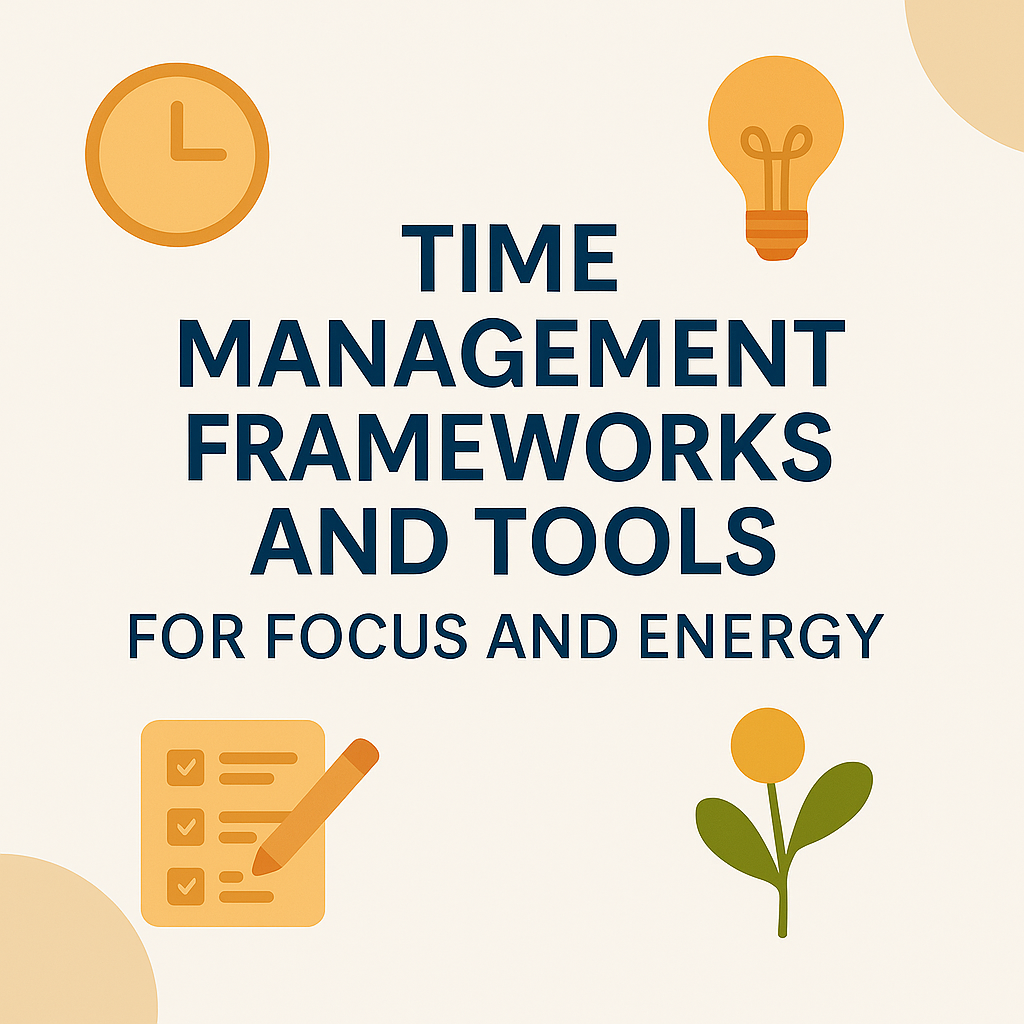Higher Vibes Coaching Blog

Read This if People Don’t “Hear” What You Have to Say
This is a practical guide for anyone tired of being talked over or ignored. It’s especially for you if anxiety, trauma, bullying, culture, or neurodivergence have minimized your voice. Here’s a step-by-step way to bring your voice back online—gently, clearly, and on your terms. These steps aren’t about being louder — they’re about feeling safe and confident enough that your voice doesn’t have to hide.

Getting the ADA Accommodations You Deserve as a Neurodivergent or Disabled Professional
Workplace accommodations shouldn’t be a fight, but for many neurodivergent and disabled employees, the process is confusing, draining, and often mishandled by employers. This article explains your ADA rights, the true meaning of the interactive process, and how to advocate for yourself without oversharing medical information. You’ll learn how to document delays, build allies, and stay grounded — even if you’re facing discrimination, retaliation, or systemic resistance.

Anger Isn’t the Enemy — It’s the Alarm
Anger isn’t the enemy — disconnection is. Learn how DBT tools like HALT can help you manage anger mindfully, transforming emotional chaos into clarity and compassionate leadership.

Stop Asking Me to Fit In: A Love Letter to the Brave Weirdos at Work
It takes courage to examine what “belonging” actually looks and feels like, so it becomes accessible to more people. Learn how relational leadership and brave authenticity transform workplaces into spaces of trust, repair, and innovation.

What Mamdani’s Win — and How Cuomo and Trump Reacted — Reveal About Power, Safety, and Change
As fear escalates under Trump’s second term, trauma-informed leadership offers an antidote. Through the lens of Zohran Mamdani’s historic NYC win, we explore how nervous-system awareness, regulation, and ethical power can transform fear-based leadership into connection-based change.

Performance Improvement Plans are Biased. Now What?
Performance Improvement Plans (PIPs) are the illusion of fairness. If you’re on one—or giving one—read this before you cause or endure more harm. This deep dive exposes how PIPs damage mental health, reinforce bias, and ignore ADA protections—and includes checklists for employees, managers, and HR. Plus, a glimpse at what comes next: the Human Development Plan.

High, Numb, or Healing? Rethinking Your Relationship with Weed
Weed can soothe, silence, or support you — depending on how you use it. Learn the science, spot your patterns, and find harm-reduction tools that help you heal.

Decolonizing the Coaching Industry: Power, Patriarchy, and the Myth of Neutrality
The coaching industry promises liberation—but too often reproduces colonial and patriarchal power. This article explores how neutrality, credential culture, and “professionalism” sustain dominance, and offers practical steps toward a decolonized coaching ecosystem built for everyone.

Neutrality Is Not Silence: How Coaches and Leaders Can Honor Identity, Inclusion, and Psychological Safety
Explore why “neutrality” in coaching and leadership often becomes a tool of erasure. This in-depth article reframes neutrality as emotional maturity—not avoidance—and offers new research, inclusive frameworks, and self-reflection tools to help leaders, coaches, and teams build real psychological safety.

I Wore a Mamdani T-shirt. You’d Think I Set the House on Fire
When I posted a simple self-care video in a major coaching forum—wearing a Zohran Mamdani t-shirt, nothing political, just human—a “master coach” accused me of being unprofessional and turned it into a public takedown. The fallout says everything about who’s allowed to speak, who’s expected to stay silent, and why true psychological safety scares the people who preach it. This story was inspired by something that happened to me — a small, public moment that revealed so much about the world we’re living in.

Using Genograms To Understand Generational Trauma
“Just live with it” isn’t resilience—it’s survival passed down as strength. This article explores how generational trauma becomes identity, and how coaches can use genograms to trace emotional inheritance, unmet needs, and patterns of silence. By mapping family systems with empathy and boundaries, trauma-informed practitioners help clients replace endurance with connection, creating space for self-trust and intergenerational healing.

The ADHD / AuDHD Recovery Loop: Why You Burn Out After Every Comeback
ADHD burnout isn’t just exhaustion — it’s chemistry, culture, and chaos colliding. This deep dive unpacks how ADHD and AuDHD brains self-medicate with stimulants and sedatives: caffeine, Adderall, nicotine, THC, alcohol, and anti-anxiety meds. Discover why dopamine spikes, sensory overload, and masking create a perfect storm of overdrive and collapse. You’ll learn how the ADHD recovery loop really works — from hyperfocus highs to emotional hangovers — and why it’s not addiction but adaptation.

Before You Hire a Coach: How Their Background Shapes Your Care
Not all coaches are built the same. This guide unpacks how a coach’s background — HR, therapy, sales, or spirituality — shapes the care they offer. Learn how to spot performative empathy, evaluate training, and choose a trauma-informed coach who honors your nervous system and your boundaries.

Coaching’s Empathy Problem: How Performance Culture Hijacked Presence
Many coaches talk about empathy—but few embody it. This essay exposes how performative empathy, toxic positivity, and the pressure to “look caring” are re-traumatizing clients and burning out practitioners. Learn the neuroscience behind real attunement, how false empathy activates the brain’s pain pathways, and five embodied practices to rebuild authentic presence in your coaching work.

When People Police You: Their Reactions Say More About Them Than You
When people correct your tone, shrink your expression, or accuse you of being “too much,” it’s not about your behavior — it’s about their discomfort. This article explores the psychology of tone policing, projection, and envy in personal and professional spaces. Learn why people react defensively to authenticity, how silence enables control, and what it means to stand in your power without apologizing for it.

Beyond Sobriety: Recovery Coaching Tools that Work
Trauma-informed recovery coaching goes deeper than therapy—helping you understand emotions, unmet needs, and nervous system patterns. Using tools like the Feeling Wheel, Relational Needs, and attachment-based recovery frameworks, you’ll heal the root causes of addiction, perfectionism, and emotional disconnection.

The Heartache of “Passing”
Passing as white, straight, or able may look like a privilege, but it often feels like exile. Here’s an honest look at the science, strain, and healing of masking race, sexuality, and whatever your identity is.

CARE Framework: A Neuroscience-Backed Way to Manage Time, Energy, and Focus
For creative, sensitive, or neurodivergent minds, traditional time management methods may not be a good fit. The Higher Vibes CARE Framework offers a gentler, neuroscience-informed way to prioritize — one that honors your energy cycles, executive function, and need for rest. Learn to organize your week with clarity, calm, and self-compassion

4-Week Confidence Activation Challenge
Build lasting confidence through neuroscience-informed, trauma-aware coaching tools that strengthen courage and self-trust. This 4-week Confidence Activation Challenge guides you step-by-step from emotional regulation to embodied action—using mindfulness, journaling, and micro-exposure exercises to reduce anxiety, rewire negative self-talk, and create authentic confidence that feels aligned, not forced. Discover how to calm your nervous system, expand your comfort zone, and cultivate courage in manageable, sustainable ways.

Time Management Frameworks and Tools for Focus and Energy
Learn practical time management frameworks and tools that help you focus on what truly matters. Discover proven systems for prioritizing tasks, reducing overwhelm, and managing your energy—not just your schedule.